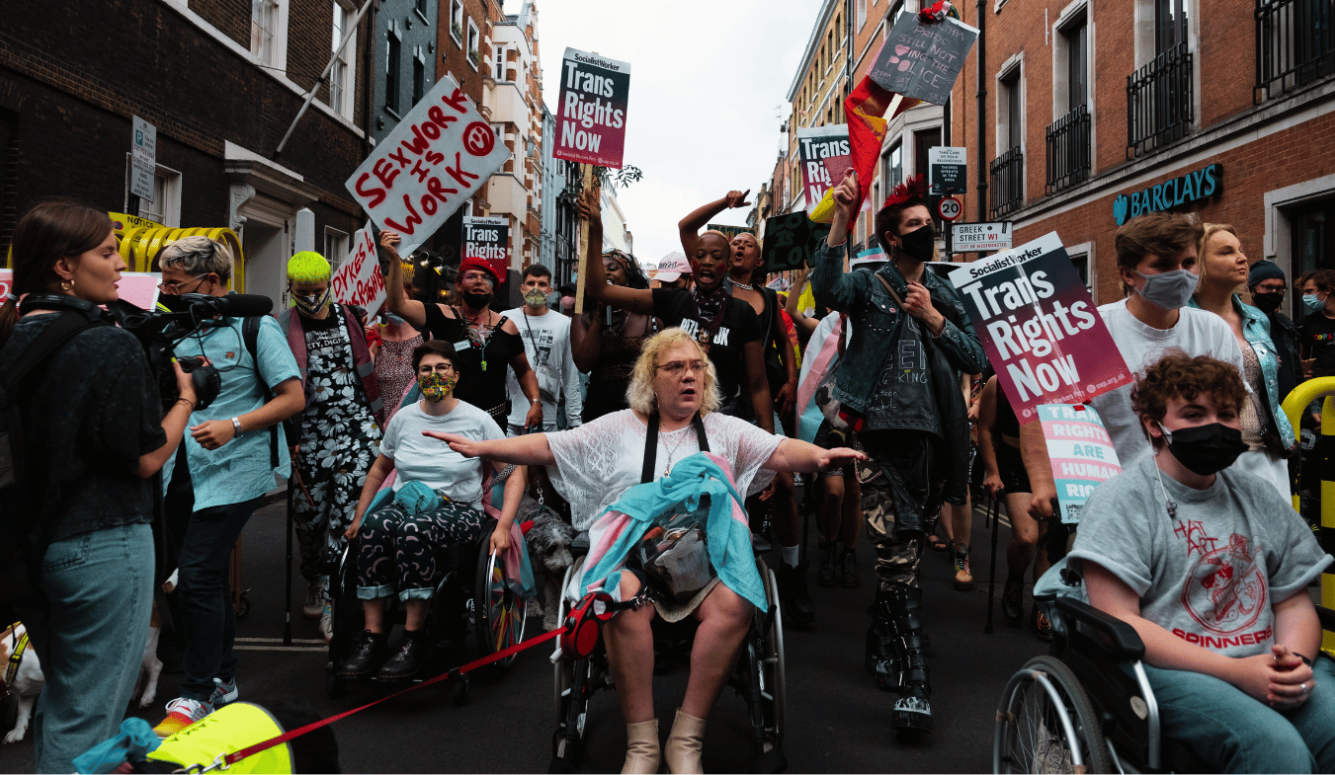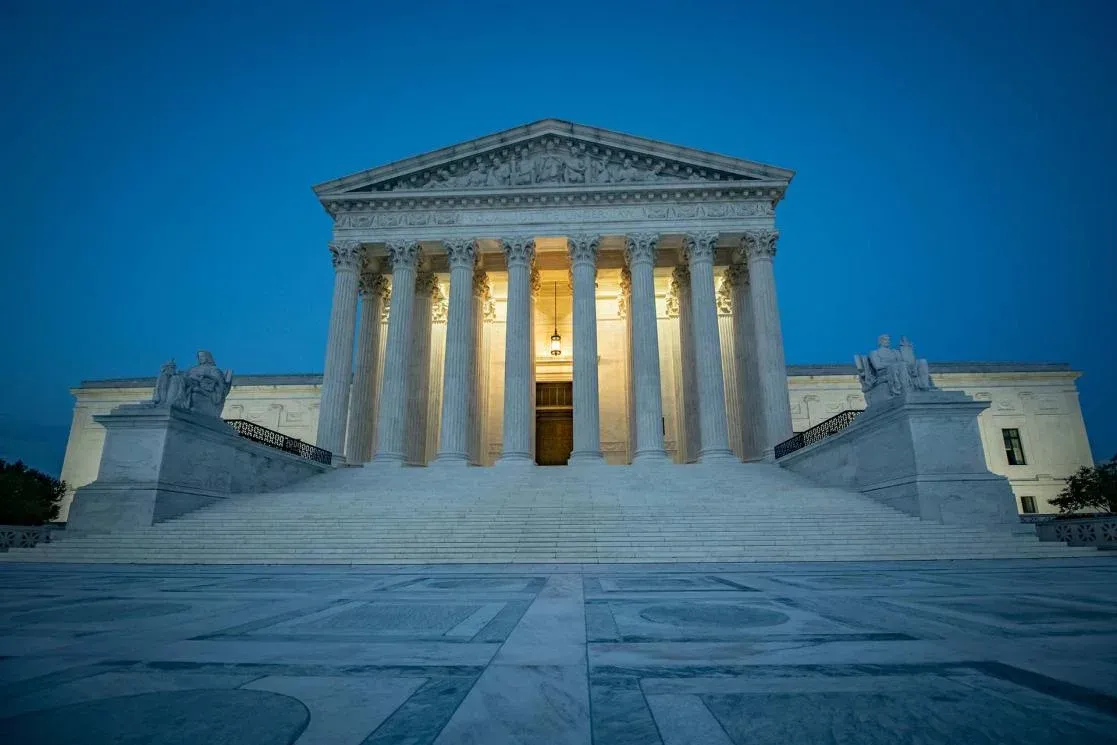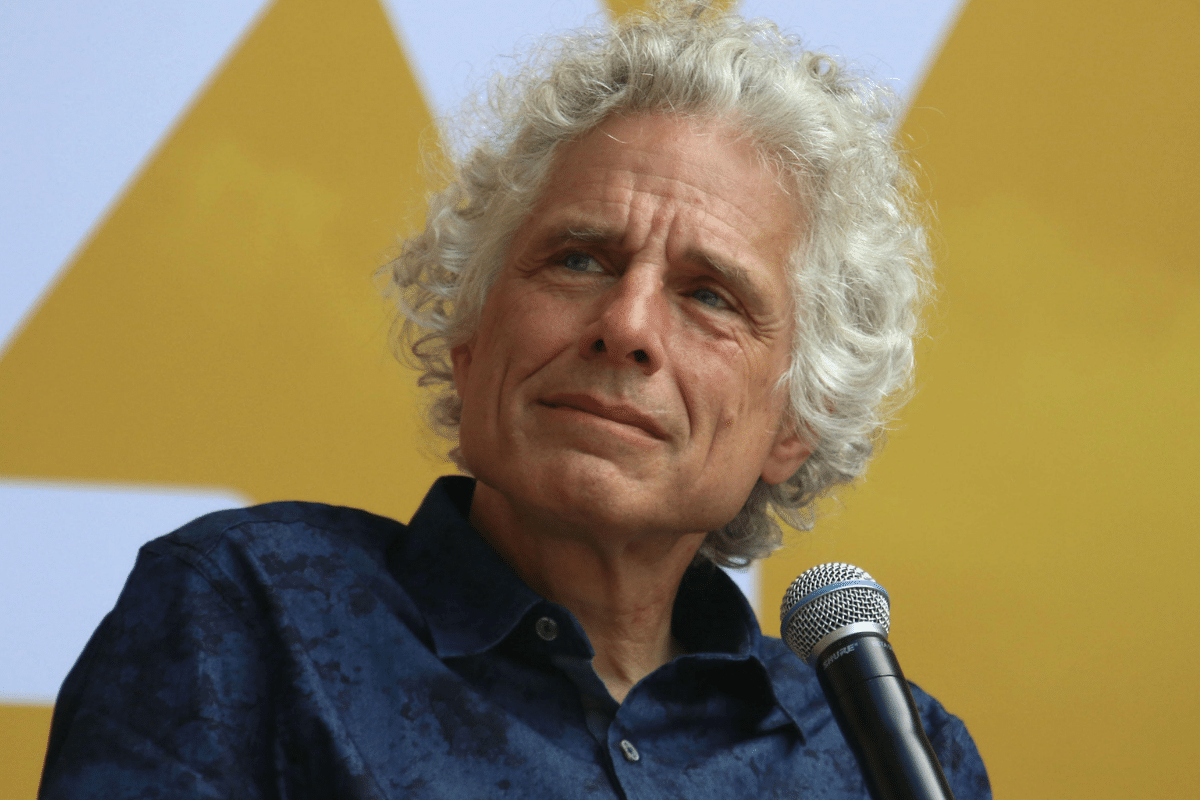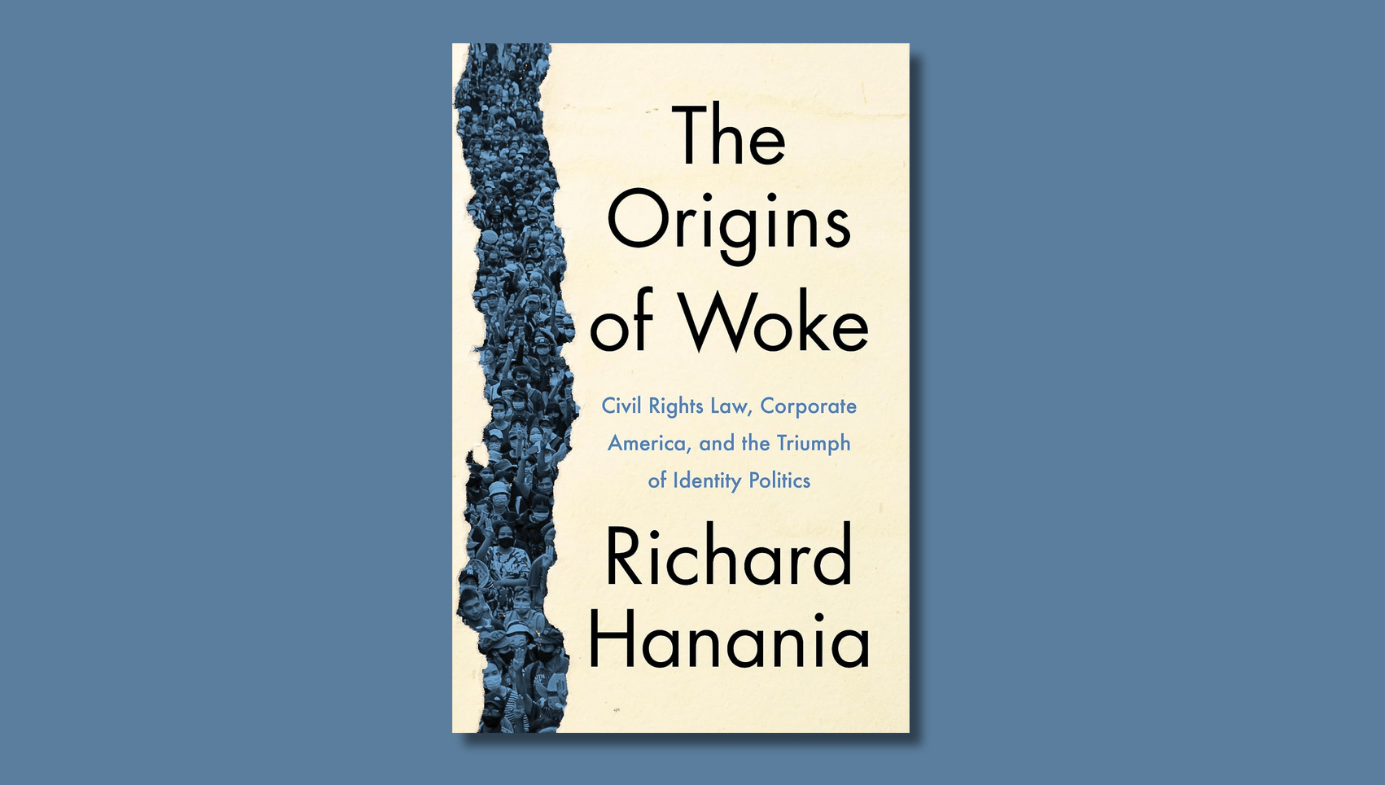book excerpt
Where Does ‘Wokeness’ Come From?
Opponents of wokeness sometimes say that “facts don’t care about your feelings.” But the federal judiciary does.

It was only in the mid-2010s that the subject of “wokeness” came to dominate political discourse. The phenomenon seemed to start on college campuses. Within a few years, it had migrated to other institutions. Those who critique what has happened to our institutions tend to think more of style than substance, pointing to instances of crying college girls demanding safe spaces, angry students yelling at their professors over “microaggressions,” and public debates litigating the definition of “woman.” From this perspective, when wokeness seeps into policy, it is usually in the context of debates about standardized tests and crime prevention, but it is common to see a self-identified liberal who has an aversion to the aesthetic components of wokeness while accepting most of its policy agenda.
Having followed these issues for years, I saw what was happening differently. To me there was always something off about the mainstream liberal worldview when it came to issues of race and sex, and the role of government in preventing discrimination on certain “protected” grounds. Such goals, I thought, naturally resulted in misguided policies that were destructive in terms of personal freedom, economic growth, and even the mental health of much of the public. I had gone to law school and spent a summer interning at the Center for Individual Rights, a public interest firm that fought against overreaches in civil rights law. When I saw the rise of what most educated people call wokeness, it seemed to be only the long overdue cultural manifestation of assumptions and beliefs that have in many instances been deeply embedded in American law for over half a century.

It is not that culture and aesthetics are unimportant. People can and do legitimately debate moral standards, the purpose of art, and the nature of justice. Wokeness as a cultural phenomenon has something to say about all those things, as does the backlash to it. But what I found strange about the anti-wokeness side of the debate was that its proponents seemed oblivious to the extent to which the beliefs and practices they disliked were mandated by law. No act of Congress or federal regulation technically requires one to express the belief that differences in income between men and women are due to sexism, but expressing the opposite view as a corporation can be extremely costly, and not just because of any potential public relations backlash. In the “marketplace of ideas,” the intellectual is free to be a conservative, liberal, libertarian, or anything else. The corporate executive, however, is only given one option. For so many public intellectuals and politicians to be anti-woke but indifferent to civil rights law struck me as similar to worrying about global warming but not bothering to know anything about energy policy.
Of course, something changed in the mid-2010s. But when it comes to how major institutions in the country operate, the changes have mostly been superficial, at least relative to the magnitude of those that occurred decades before. Since at least the 1970s, major corporations have been forced to be highly conscious of race and sex and on the lookout for practices and behaviors that may have a “disparate impact,” which the law has considered a sign of discrimination. Since the 1980s, firms have been all but required to police the speech of their employees to prevent them from saying things that might offend women and non-whites, and since 1991 the most litigious among those workers have been able to receive punitive damages in lawsuits, whether or not they suffered career consequences. Opponents of wokeness sometimes say that “facts don’t care about your feelings.” But the federal judiciary does.
As the anti-woke have observed and noted, corporations today are increasingly likely to make public statements about hot-button issues and pledge support to left-wing academic ideas.

Many firms hold trainings about “privilege” that strike most reasonable people as absurd. But when it comes to substantive practices regarding how they run their businesses and manage employees, there is more continuity than change. It is not difficult to understand why the current discourse would miss all of this. The conceptual similarities between principles of civil rights law and wokeness are easy enough to explain, but the burdens that the law imposes on employers and workers tend to have indirect and complicated effects on how institutions operate and on the larger culture.
My thoughts about the relationship between wokeness and the legal system were spelled out in a June 2021 article called “Woke Institutions Is Just Civil Rights Law.” I was surprised to learn just how interesting the revelations in the piece were to conservatives, and to anti-wokes more generally. Those who had never been to law school did not know much about government regulations. At the same time, those with a legal background often had a superficial understanding of the issues involved but had not read or thought too deeply about how the law has shaped the wider culture. On more than one occasion, I have been talking to a highly intelligent conservative activist who was shocked when I told him that there is an executive order mandating that all large government contractors adopt affirmative action programs. The corollary is that an executive order could—at least in theory—also end such programs. Why hasn’t any Republican president even felt pressure from his base to undertake such an action, much less actually do it? Well, as it turns out, Ronald Reagan wanted to, and the story of how he was stopped, as told in chapter 6, offers interesting lessons for today’s politics.
As Friedrich von Hayek wrote in his preface to The Road to Serfdom, “When a professional student of social affairs writes a political book, his first duty is plainly to say so. This is a political book.” My motivation stems from my opposition to wokeness and my belief that there is a political path forward for those who would like to do something about it. Explaining what this path is involves a discussion of at least four things: the exact provisions in civil rights law that have led to wokeness; how they have influenced institutional culture; the mechanisms that can be used to change the law; and the political prospects of doing so. This last point is extremely important and makes this book unique in the extent to which it hopes to be a useful guide for activists, journalists, policymakers, and others who dislike where the culture has gone and want to do something about it.
While there is a vigorous and seemingly evenly matched public debate between intellectuals on the pros and cons of wokeness, in institutions the identity-obsessed left has all the power. This is not because they have the most convincing arguments, but because for half a century laws, institutions, and structures have helped enforce their ideas about social justice. It would be an act of negligence for me to recommend that laws be changed to take away that power without a discussion about the best ways of doing so. Broad social and political developments—increasing polarization, Republican success in appointing federal judges, popular anger against wokeness as a cultural phenomenon, and the rise of right-wing media—put opponents of wokeness in a better position to effect change than they have been in decades past. A major ambition of this book is to help them realize that.
Of course, wokeness has taken on its own momentum largely independent of law. Those who are concerned should continue to create art and form private institutions, including media companies, to push back against the phenomenon. But politicians, bureaucrats, and lawyers also have a major, perhaps preeminent, role to play and should pull the levers available to them. If they do, they might be surprised by the extent of their own power. Understanding the 'origins of woke' provides the road map to legal reform, seeing it as a necessary, even if not fully sufficient, step to ultimately remaking the culture.

Excerpted with permission from The Origins of Woke: Civil Rights Law, Corporate America, and the Triumph of Identity Politics, by Richard Hanania. Copyright © 2023 by Richard Hanania, and published by HarperCollins Publishers. All rights reserved.







